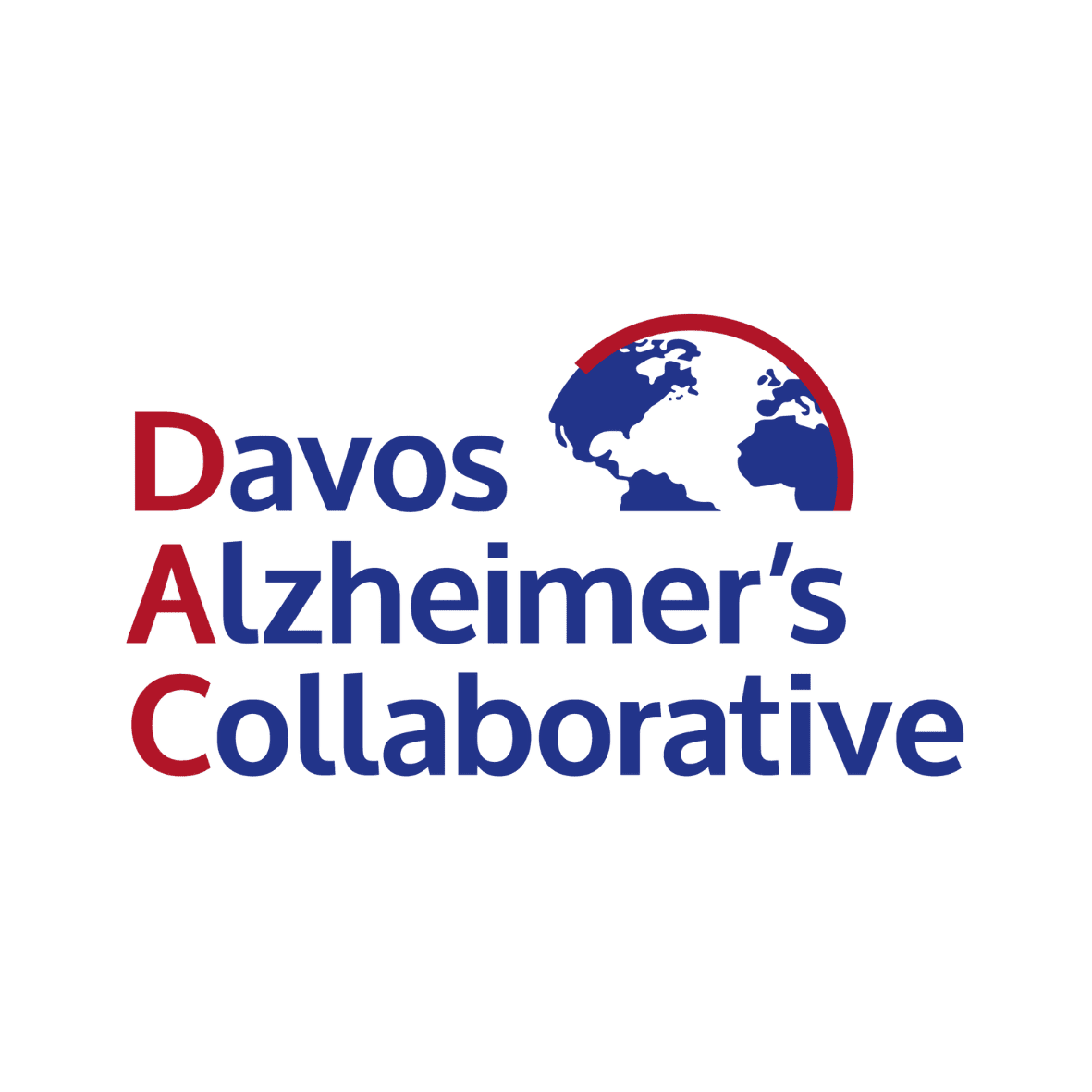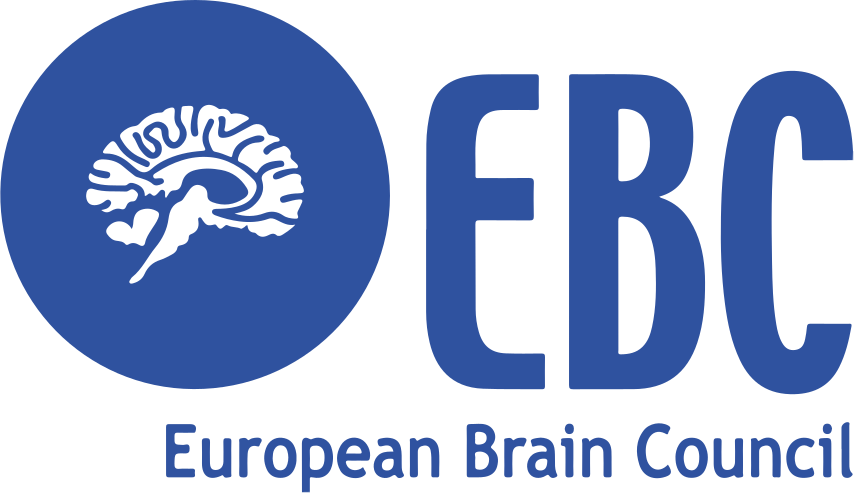ANCONA, ITALY – The Davos Alzheimer’s Collaborative (DAC), with the European Brain Council, the Global CEO Initiative on Alzheimer’s Disease, the Associazione Italiana Malattia di Alzheimer and Fondazione Prada, today issued an urgent call-to-action for G7 leaders to address the escalating global challenge of Alzheimer’s and dementia by taking bold measures to ensure broad and equitable access to life-extending therapies and other current innovations. DAC, a pioneering worldwide initiative seeking to cure Alzheimer’s disease and improve brain health across the entire lifespan, and its partnering organizations sounded the alarm at a side event at to the G7 Health Ministers’ meeting in Ancona, Italy. “
Alzheimer’s currently affects over 55 million people worldwide. By 2050, that number will likely triple. And it’s an estimate that doesn’t even take into account family members and the great many people across the globe who will need to leave the workforce in order to provide unpaid care for loved ones. What’s more, while we know that dementia costs the global economy more than $1.3 trillion each year—or more than $15 trillion in a single decade – its toll in human suffering is inestimable. Already, innumerable people have slowly died from this devastating disease, and the reverberating emotional impact left in its wake has undermined the lives of countless others.
Alzheimer is a neurodegenerative disease that progresses in stages, increasing in severity over time. It begins with physical changes in the brain, such as the build-up of toxic amyloid plaques, which can occur up to 20 years before symptoms become noticeable. It currently takes up to two years for people to receive a diagnosis. These delays mean that those affected have less time to receive the care and support they need to adjust and plan for their future. For change to happen, health systems and society must rapidly adapt to a newer model of care that recognizes the value of early diagnosis.
The momentum that began at the 2013 G8 Summit and continued through last year’s G7 Health Ministerial meeting set the stage for groundbreaking research in Alzheimer’s. Today, there are disease-modifying treatments available and approved in the US, UK, Japan, Hong Kong, South Korea, Emirates, Israel and China for treatment of Alzheimer’s disease. Yet, these treatments are not widely accessible in these countries, leaving critical gaps in available care despite regulatory approval. Moreover, many patients and people at risk of developing Alzheimer’s still lack access to the latest tools for detection of cognitive impairment and diagnosis. Combined, these factors greatly exacerbate health disparities around the world.
“OECD countries must lead by example by placing dementia higher on the policy agenda. We must work together to address diagnosis challenges, improve quality of care and support efforts in monitoring outcomes for people with dementia, while continuing to promote research and development for innovative treatments which make a difference in the lives of people with dementia,” said Organisation for Economic Co-operation and Development (OECD) Deputy Secretary-General Yoshiki Takeuchi.
DAC and all partners in the side event urged G7 governments to take the following actions to ensure that the benefits of scientific progress reach all patients: Please see the footer of this press release for the complete call-to-action. *
- Expand Global and Cross-Sector Collaboration
- Invest in Healthcare System Preparedness
- Build the Capabilities for Early Detection and Accurate Diagnosis
- Accelerate the Development and Delivery of Alzheimer’s Interventions
- Foster Research, Access, and Equity Worldwide
“Science and industry are beginning to deliver groundbreaking, disease-modifying therapies and more are coming,” said George Vradenburg, founding chairman of DAC. “Now we must ensure that these innovations reach families who need them. The world is depending on the G7 nations to drive increasing Alzheimer’s research investments and create policy frameworks and healthcare models to assure that early detection, diagnosis and effective treatments are universally and equitably available in every country – and to rich and poor alike.”
The impending shadow that Alzheimer’s has cast is of considerable concern to the nation hosting this year’s G7 meeting. Home to the second oldest population in the world, more than a third of Italy’s people will be 65 or older by 2050. Already, 44% of Italians in that age group say memory or other cognitive loss is a major problem for them. Estimates say there are more than 1 million people affected by dementia of which 700,000 affected by Alzheimer’s.
“Our part in the global response to Alzheimer’s will be significant,” said Alessandro Padovani, president, Italian Society of Neurology. “Given our demographics as a super-aging society, the world will be watching closely as we navigate the challenges of dementia. Ensuring innovations that improve and extend the lives of people with Alzheimer’s are available to all will be paramount.”
Hilary Evans-Newton, Chief Executive of UK’s leading dementia research charity, Alzheimer’s Research UK, added: “I strongly believe that, through research, we will make progress against diseases like Alzheimer’s. But when people aren’t able to benefit from the fruits of that research, it’s heartbreaking. Policymakers across the G7 and beyond must act now to find solutions so that people living with dementia don’t continue to miss out on innovative treatments.”
*Leading organizations in the Alzheimer’s field call on G7 nations to take five high-level actions that will transform the global response to Alzheimer’s disease, dementia, and brain health:







